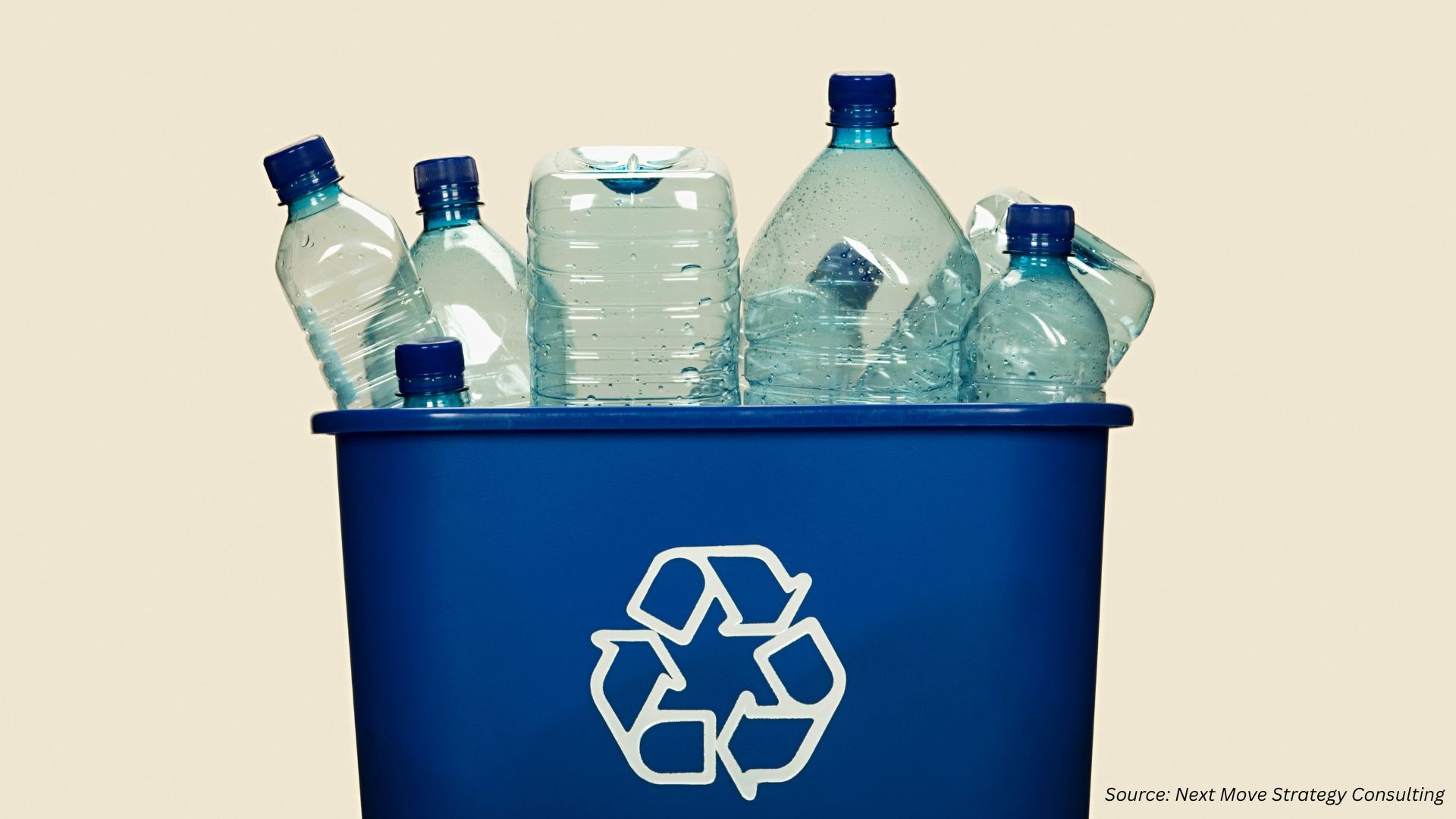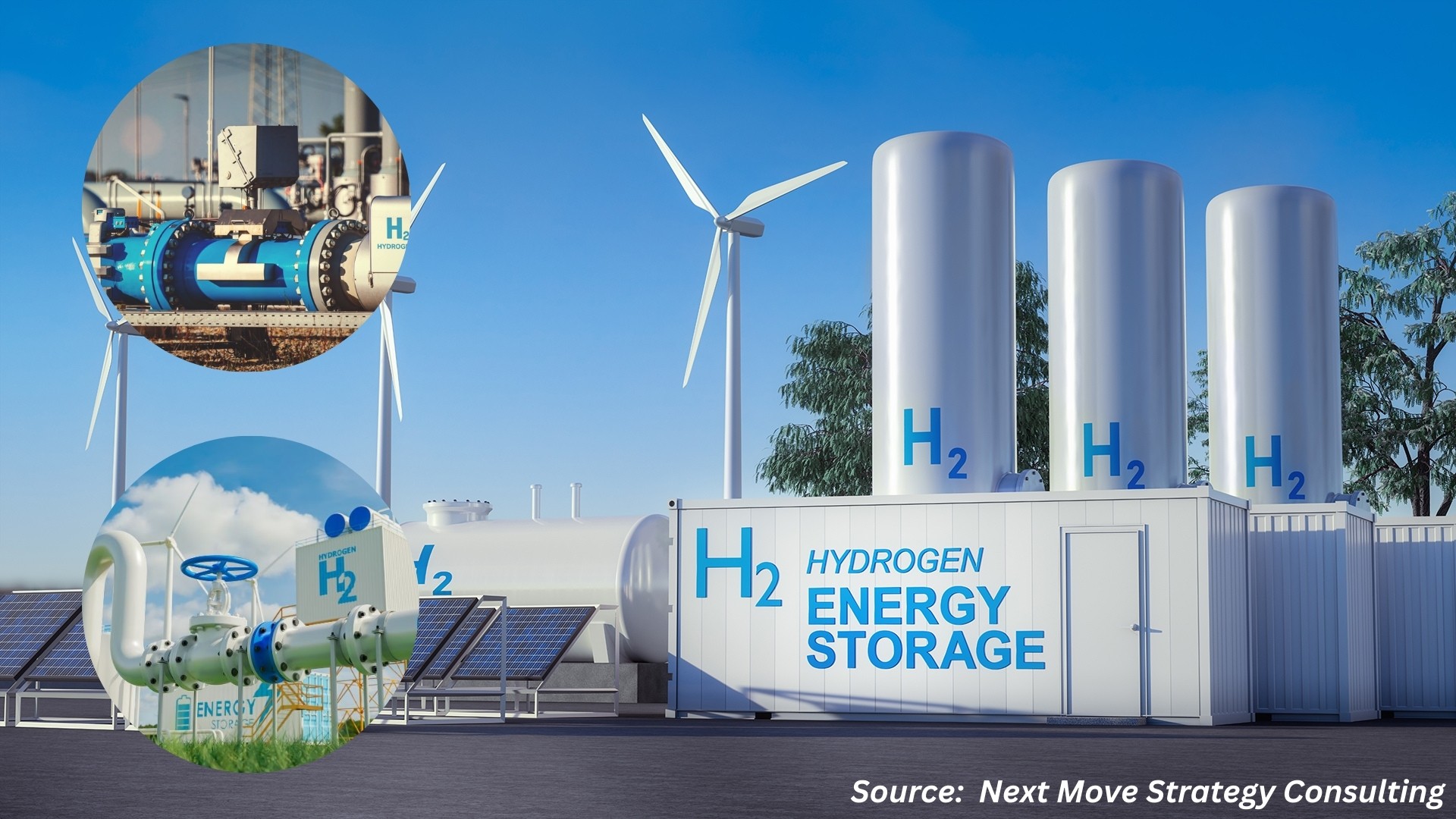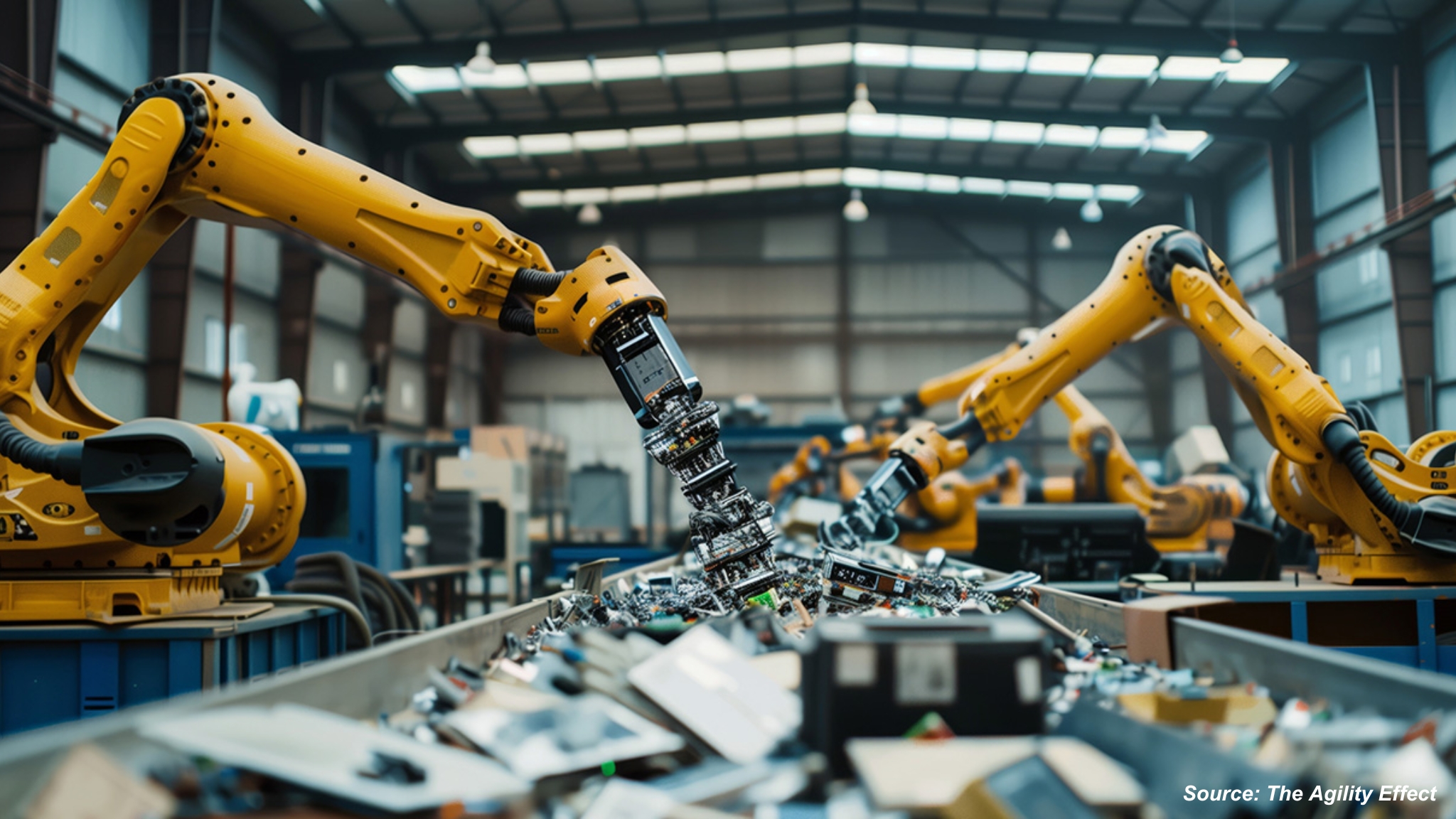Bioplastic Recycling Innovations and Environmental Impact
Published: 2025-09-19

Bioplastic recycling is rapidly evolving as a key solution for reducing plastic waste and advancing the circular economy. The ReBioCycle project, funded by the European Union, exemplifies innovation in bioplastic upcycling, providing a comprehensive approach to mechanical, chemical, enzymatic, and microbial recycling. This blog explores the latest developments, challenges, and opportunities in bioplastic recycling.
ReBioCycle: Advancing Bioplastic Recycling Across Europe
The EU-funded ReBioCycle project is introducing a comprehensive suite of bioplastic sorting and recycling technologies through three specialized waste-processor-focused hubs. These hubs, located in the Netherlands, Italy, Spain, and partially in Ireland, will cater to various technologies and technology readiness levels (TRLs), with a focus on mechanical, chemical, enzymatic, and microbial recycling methods.
ReBioCycle Project Launch and Objectives
The ReBioCycle project will officially launch at University College Dublin on 2–3 October 2024. European Bioplastics, along with its members—including TotalEnergies Corbion, AIMPLAS, Novamont, Corbion, Sulapac, and Kaneka—are among the 20 partners collaborating to develop and implement “A New European Blueprint for Circular Bioplastics Upcycling Solutions”, led by University College Dublin and the BiOrbic Bioeconomy SFI Research Centre.
At a demonstrative scale and within real operational environments, the project will focus on the efficient recycling of three types of bioplastics: PLA, PHA, and composites. It aims to showcase the significant impact of producing recycled polymers of equal or superior quality for higher-value applications.
Summary of ReBioCycle Project
-
Establishment of Recycling Hubs: The EU-funded ReBioCycle project is creating three specialized hubs in the Netherlands, Italy, Spain, and partially in Ireland, focusing on mechanical, chemical, enzymatic, and microbial recycling technologies for bioplastics across various Technology Readiness Levels (TRLs).
-
Collaborative Industry-Academic Initiative: Twenty partners, including European Bioplastics members such as TotalEnergies Corbion, AIMPLAS, Novamont, Corbion, Sulapac, and Kaneka, are collaborating under University College Dublin and BiOrbic Bioeconomy SFI Research Centre to develop a European blueprint for circular bioplastics upcycling solutions.
-
Demonstration of High-Quality Recycling: The project will showcase the efficient recycling of PLA, PHA, and composite bioplastics in real operational environments, aiming to produce recycled polymers of equal or superior quality suitable for higher-value applications.
Innovations and Environmental Impact of Bioplastics
According to Interesting Engineering, the U.S. National Science Foundation has awarded $7 million to a research and development team to design enzymes capable of producing bioplastics. These enzymes accelerate chemical reactions that convert biomaterials into biodegradable plastics by breaking them down into their basic building blocks.
The research team comprises experts from Purdue University, the University of California at San Francisco and Berkeley, Stanford University, and the biotechnology firm Twist Bioscience.
The resulting bioplastics, known as polyhydroxyalkanoates (PHAs), can be manufactured from widely available agricultural materials such as sugar, corn, and agricultural waste. Since most conventional plastics are currently produced using imported oils and gases, utilizing these domestic biomaterials has the potential to lower production costs and strengthen the U.S. economy.
The Environmental Challenge of Plastic Waste
The International Union for Conservation of Nature reports that over 507 million tons of plastic are produced globally each year. According to two 2022 studies by The Last Beach Cleanup, Beyond Plastics, and the National Renewable Energy Laboratory, only 5% of plastics are recycled. Approximately 85% of plastic waste ends up in landfills, while 10% is incinerated, both of which contribute significantly to environmental pollution, contaminating water, soil, and air.
Conventional plastics also generate microplastics—tiny particles that can disrupt ecosystems and pose risks to human health. These microplastics have been detected in oceans, the atmosphere, drinking water, agricultural soil, and even human organs. By contrast, bioplastics offer a promising solution to reduce microplastic pollution, supporting a cleaner and more sustainable environment for the future.
Summary:
-
Enzyme-Driven Bioplastic Production: The U.S. National Science Foundation has granted $7 million to a research team from Purdue University, UC San Francisco and Berkeley, Stanford University, and Twist Bioscience to develop enzymes that convert biomaterials into biodegradable plastics called polyhydroxyalkanoates (PHAs).
-
Sustainable Raw Materials: PHAs can be produced from abundant agricultural resources such as sugar, corn, and agricultural waste, reducing reliance on imported oil and gas and potentially lowering manufacturing costs while boosting the domestic economy.
-
Environmental Benefits: Conventional plastics create microplastics and contribute to land, water, and air pollution. Bioplastics offer a solution to minimize microplastic pollution, supporting a cleaner, more sustainable environment.
Market Impact of Bioplastic Recycling Innovations
The rapid advancement of bioplastic recycling technologies, including initiatives like the EU-funded ReBioCycle project and enzyme-driven production of PHAs in the U.S., is beginning to reshape the global plastics market. These innovations are not only driving a shift toward circular economy principles but are also creating new opportunities and challenges for manufacturers, recyclers, and investors. While the market impact is largely positive due to increased sustainability and technological innovation, some challenges remain in terms of scalability, cost, and infrastructure development.
Positive Impacts:
-
Market Expansion: Growing demand for biodegradable and recyclable bioplastics is driving the expansion of the bioplastics sector, attracting investment from both startups and established chemical companies.
-
Innovation-Driven Growth: Technological innovations, such as enzymatic and microbial recycling, chemical upcycling, and advanced sorting systems, are creating new high-value product streams and revenue opportunities.
-
Regulatory Support and Incentives: Government policies in the EU, U.S., and other regions are increasingly favoring bioplastics and circular economy initiatives, promoting adoption and boosting market confidence.
-
Reduced Environmental Compliance Costs: By mitigating microplastic pollution and supporting sustainable waste management, bioplastics can help companies reduce long-term environmental compliance costs.
-
Consumer Preference and Brand Value: Growing environmental awareness among consumers is increasing demand for sustainable products, giving companies that adopt bioplastic solutions a competitive edge.
Negative or Challenging Impacts:
-
High Production and Recycling Costs: Bioplastic production and advanced recycling technologies currently have higher operational costs compared to conventional plastics, potentially limiting widespread adoption in price-sensitive markets.
-
Infrastructure Gaps: Efficient collection, sorting, and recycling infrastructure for bioplastics is still underdeveloped in many regions, which can hinder supply chain efficiency and market scalability.
-
Market Fragmentation: Varied standards and material types (PLA, PHA, composites) create complexity in recycling and product compatibility, potentially limiting market interoperability.
-
Limited Consumer Awareness: Despite growing environmental consciousness, lack of awareness about bioplastics’ benefits and disposal methods may slow adoption rates.
Conclusion:
Overall, the market impact of bioplastic recycling innovations is overwhelmingly positive, driven by sustainability goals, regulatory support, and consumer demand for eco-friendly products. However, challenges such as cost, infrastructure, and standardization need to be addressed to fully unlock the potential of this emerging market.
Next Steps
-
Industry Adoption: Encourage adoption of mechanical, chemical, enzymatic, and microbial recycling techniques.
-
Policy Implementation: Align EU regulations with bioplastic recycling advancements.
-
Material Innovation: Invest in bioplastics with enhanced thermal and mechanical properties.
-
Consumer Awareness: Promote understanding of bioplastic recyclability and environmental benefits.
-
Global Collaboration: Expand research partnerships beyond Europe to optimize bioplastic recycling technologies.
By integrating innovative technologies, strong collaborations, and policy support, the future of bioplastic recycling is set to create a sustainable and circular materials economy.
About the Author
 Karabi Sonowal is an experienced SEO Executive and Content Writer in digital marketing. She excels in SEO, content creation, and data-driven strategies that boost online visibility and engagement. Known for simplifying complex concepts, Karabi creates impactful content aligned with industry trends.
Karabi Sonowal is an experienced SEO Executive and Content Writer in digital marketing. She excels in SEO, content creation, and data-driven strategies that boost online visibility and engagement. Known for simplifying complex concepts, Karabi creates impactful content aligned with industry trends.
About the Reviewer
 Debashree Dey is a skilled Content Writer, PR Specialist, and Assistant Manager with expertise in digital marketing. She creates impactful, data-driven campaigns and audience-focused content to boost brand visibility. Passionate about creativity, she also draws inspiration from design and innovative projects.
Debashree Dey is a skilled Content Writer, PR Specialist, and Assistant Manager with expertise in digital marketing. She creates impactful, data-driven campaigns and audience-focused content to boost brand visibility. Passionate about creativity, she also draws inspiration from design and innovative projects.















Add Comment